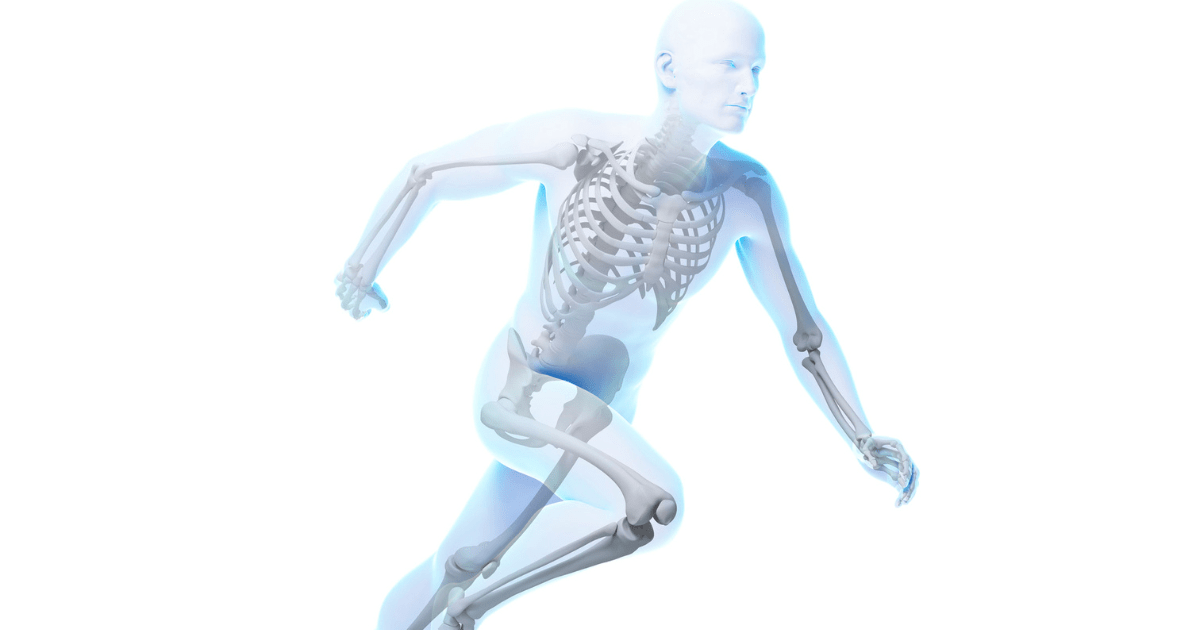
Why Proper Medication Management is Essential for Managing Mental Health Conditions
August 31, 2023
Coping with Challenges: Teaching Mental Health Patients Effective Coping Skills
September 7, 2023Are you aware of the hidden dangers lurking behind drug abuse? It's time to dig deeper into a crucial aspect often overlooked - your musculoskeletal health. While we frequently hear about the detrimental effects of drugs on mental and physical well-being, their impact on our bones, muscles, and joints is often sidelined. Join us today as we unravel this lesser-known side effect and understand how drug abuse can silently wreak havoc on your musculoskeletal system. Here is some important information shedding light on the alarming consequences of substance misuse – it’s time to break down the effects.
What is the Musculoskeletal System?
The musculoskeletal system is responsible for the movement of the human body. It is made up of the bones, joints, muscles, and tendons. The skeletal system provides support and protection for the soft tissues of the body. The muscular system allows the body to move by contracting and relaxing the muscles. The tendons connect the muscles to the bones.
Drug abuse can damage any or all of these systems. Bones may become brittle and break more easily. Joints may become inflamed and painful. Muscles may waste away or become weak. Tendons may rupture or tear.
Drug abuse can also lead to an increased risk of injury, due to the weakened and damaged components of the musculoskeletal system. Long-term drug use can cause irreversible damage, such as joint deformities or permanent muscle loss.
How Does Drug Abuse Affect This System?
Drug abuse can have a number of deleterious effects on your musculoskeletal system. One of the most common is the development of osteoporosis, or weakening of the bones. This can lead to fractures and other problems associated with bone health. Drug abuse can also lead to joint problems, such as arthritis. Additionally, drug abuse can cause muscle wasting, which can lead to a loss of strength and mobility. Finally, drug abuse can also lead to nerve damage, which can cause problems with coordination and balance.
Short and Long Term Effects of Prolonged Drug Use
Drug abuse takes a toll on your musculoskeletal health in a number of ways, both in the short term and the long term. In the short term, you may experience impaired coordination, tremors, and muscle weakness. You may also have difficulty walking and standing. In the long term, drug abuse can lead to bone loss, muscle atrophy, and joint damage. Drug abuse can also increase your risk for falls and fractures. If you have a history of drug abuse, it is important to talk to your doctor about ways to protect your musculoskeletal health.
In the short term, drug use can lead to feelings of paranoia, agitation, and anxiety. It can also cause impaired judgment and lead to dangerous behavior. In the long term, drug use can lead to an increased risk for mental health disorders like depression and anxiety. Furthermore, it can lead to addiction and dependence on drugs which may require professional treatment and support in order to recover.
Drug abuse can also have a negative effect on your physical health. In the short term, you may experience nausea, vomiting, headaches, fatigue, and chest pain. In the long term, drug abuse can increase your risk for heart disease, stroke, liver damage, kidney failure, and even cancer. Drug abuse can also weaken your immune system making you more susceptible to illnesses.
Effects on Various Body Parts (bones, muscles, joints)
There are a number of ways that drug abuse can damage your musculoskeletal health. Some drugs, such as steroids, can cause the bones to become weak and break more easily. Other drugs, such as heroin and methamphetamine, can damage the muscles and joints, making them painful and difficult to move. still other drugs, such as cocaine, can restrict blood flow to the bones and joints, causing inflammation and pain. In addition to the direct effects of the drugs themselves, drug abuse can also lead to poor nutrition and hygiene, which can further damage the musculoskeletal system.
Nutritional Deficiencies Related to Drug Abuse and Their Impact on Musculoskeletal Health
Drug abuse can lead to a number of nutritional deficiencies that can have a significant impact on musculoskeletal health. One of the most common deficiencies associated with drug abuse is vitamin D deficiency, which can lead to bone loss and osteoporosis. Vitamin D deficiency is also linked to an increased risk of falls and fractures.
Other nutrients that are often deficient in people who abuse drugs include calcium, magnesium, phosphorus, and vitamin K. These deficiencies can contribute to bone loss, muscle weakness, and other problems. Drug abuse can also cause anemia, which can further contribute to muscle weakness and fatigue.
Prevention Strategies
There are many strategies that can be effective in preventing drug abuse and its damaging effects on your musculoskeletal health. Some key prevention strategies include:
-Educating yourself and others about the risks of drug abuse and its potential consequences.
-Avoiding situations where drugs are present or being used.
-Identifying and seeking help for any underlying mental health conditions that may contribute to drug abuse.
-Building a support network of family and friends who can offer encouragement and assistance during difficult times.
Drug abuse has a range of damaging effects on your musculoskeletal health and can lead to serious medical conditions. It is important to understand the different ways in which drugs may impact your body, so that you can make an informed decision about whether or not drug use is something you want to pursue. If you are concerned about any symptoms associated with drug abuse, please seek medical help immediately and consult one of the many organizations available for support.
If you or a loved one is struggling with mental health disorders and/or addiction, give First City Mental Health Center a call today. 877-595-3330






